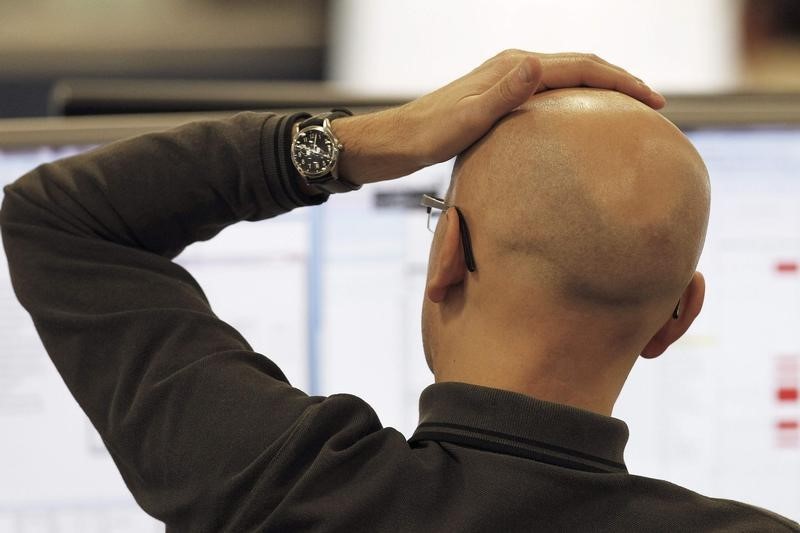(Bloomberg) -- In one telling, the selloff in Japanese equities is a natural reaction to shares rising too far, too fast. But another theory is emerging, one that involves hedge funds.
For Noriyuki Sato of Asset Management One SP Pte, one reason for the declines is that hedge funds and others are closing their books for the year, so they’ve been making trades to lock in profits. The Topix index fell for a fifth day Wednesday, capping the longest losing streak this year, as the rout deepens after the measure closed at its highest in 26 years.
“We’re at the time of year when investors want to close up their positions,” Sato, the chief investment officer at the money manager, said in a phone interview from Singapore. “A lot of hedge funds, for example, end their fiscal year in November, so the market is kind of short on liquidity.”
It’s a view echoed by Norihiro Fujito of Mitsubishi UFJ Morgan Stanley (NYSE:MS) Securities Co. in Tokyo, who says the Japanese stock market is in a struggle between short-term players who are selling and investors with a longer horizon who are bullish on the country’s shares.
“Short-term players, possibly hedge funds, are locking in profits after the market peaked last Thursday,” said Fujito, a senior strategist at the brokerage in Tokyo. “On the other hand, long investors, such as overseas pension funds and mutual funds, continue to favor Japanese stocks,” he said. “The picture is of a tug of war.”
Futures Trading
While the Tokyo bourse publishes data on buying and selling by investor category, it comes with a lag. Figures released Thursday will show trading for the five days through Nov. 10, which includes two days of the prolonged selloff. Futures trading, however, has intensified, with the volume of active Nikkei 225 Stock Average contracts traded in Osaka reaching a multiyear high on Nov. 9, the first day of declines.
Fujito, like many other investors and strategists, says he isn’t concerned about the five-day drop. He notes that Japanese individuals and institutions tend to buy on downturns. The Bank of Japan has also jumped back into the market through exchange-traded fund purchases since the stocks started falling late last week. It bought 71.7 billion yen ($636 million) in ETFs under its main program Wednesday, according to BOJ data released after market close.
“There’s a high chance that individual investors and domestic institutional investors, which had been sellers, will consider buying” if valuations fall further, Fujito said. “In that sense, this is a healthy correction.”
(Updates with BOJ’s latest stock purchases in seventh paragraph.)
